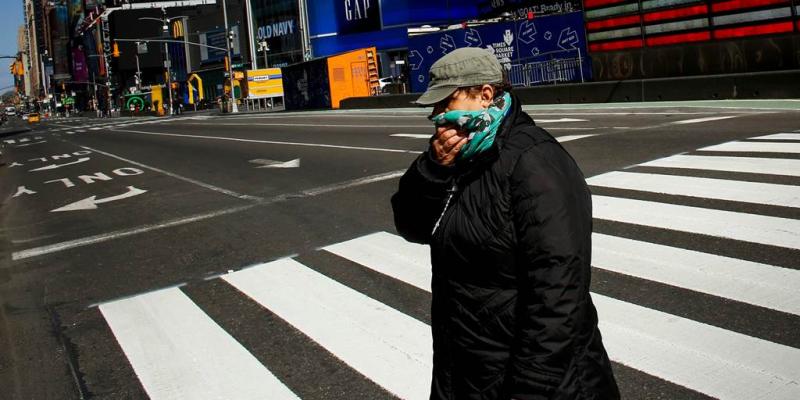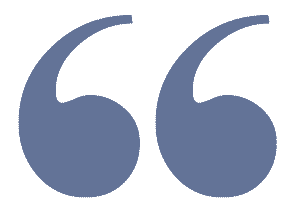Do you need a mask? The science hasn't changed, but public guidance might



Breaking News Emails
Get breaking news alerts and special reports. The news and stories that matter, delivered weekday mornings. SUBSCRIBE March 31, 2020, 8:33 PM UTC / Updated April 1, 2020, 3:29 AM UTC By Erika Edwards
As coronavirus cases continue to rise, a growing number of Americans are opting to cover their noses and mouths with makeshift masks, including bandannas, scarves or other wraps, when venturing into public.
While the science behind whether masks can prevent a person from catching the coronavirus hasn't changed (a mask does not help a healthy person avoid infection), public guidance may be shifting.
On Tuesday, President Trump said Americans could use scarves as makeshift protective masks.
Full coverage of the coronavirus outbreak
"You can use a scarf. A lot of people have scarves," Trump told reporters during a news conference at the White House. "There is certainly no harm to it. I would say do it rather than going out to get a mask."
Dr. Fauci on curbing death toll: States must 'strictly' follow guidelines
April 1, 202007:59
Officially, the Centers for Disease Control and Prevention says that wearing a mask is unnecessary for healthy individuals, but Dr. Anthony Fauci, director of the National Institute of Allergy and Infectious Diseases, said federal health officials are actively discussing changing that guidance.
"Given the fact that there is a degree of transmission from asymptomatic individuals who may not know that they're infected, we need to at least examine the possibility, as long as we're absolutely certain we don't take the masks away from who are health care providers who need them," Fauci said in an interview with NBC News' Savannah Guthrie on Tuesday night.
"It doesn't need to be a classical mask. But something that would have someone prevent them from infecting others," Fauci added. "This is actively being looked at."
The potential change, which remains under discussion internally at the CDC according to an official, would involve do-it-yourself types of fabric coverings for the face, not the kinds of masks used by health care providers. The theory is that the homemade masks would help reduce the risk of unknowingly spreading the virus through coughs, sneezes, even yawns or simple conversation.
Let our news meet your inbox. The news and stories that matters, delivered weekday mornings. Sign Up
This site is protected by recaptcha Privacy Policy | Terms of Service
The coronavirus is spread predominantly through large respiratory droplets, which are thought to travel about six feet through the air.
There is no scientific evidence that wearing face coverings would have a measurable impact on flattening the coronavirus curve. And whether it would have any impact at all is still up for debate.
Potential for benefit
On the one hand, experts say people who cover their faces may be more likely to follow other health guidance, such as proper hand washing, social distancing and disinfecting surfaces.
What's more, a mask "is a visible, physical memory and behavioral aid to not touch your eyes, nose and mouth without sanitizing or washing your hands," Dr. Gregory Poland, an infectious diseases expert and the director of the Mayo Clinic's Vaccine Research Group in Rochester, Minnesota, said.
And giving the general public something tangible to do could be empowering during a pandemic with many unknowns and uncertainties.
Potential for risk
But some experts say a mask may give the user a false sense of security. And the eyes ' an important pathway for the virus to infect a person ' remain exposed even though the mouth and nose are covered.
Surgeon General Jerome Adams has been outspoken against healthy people wearing masks or other coverings in public.
1/3 Regarding masks:@WHO @CDCgov & my office have consistently recommended against the general public wearing masks as there is scant or conflicting evidence they benefit individual wearers in a meaningful way, but real concerns about pulling from the healthcare worker supply... pic.twitter.com/uvjT31ZGt7
' U.S. Surgeon General (@Surgeon_General) March 28, 2020
"@WHO @CDCgov and my office have consistently recommended against the general public wearing masks as there is scant or conflicting evidence they benefit individual wearers in a meaningful way," Adams wrote on Twitter.
Facial coverings must also be changed and washed often. And if a mask gets wet, even from the moisture emitted when a person exhales, the fabric could be more likely to transmit the virus.
"Once the mask becomes moist, you don't want to touch your face or the mask because you have to assume it's contaminated," Poland said. Handmade masks can be laundered appropriately in regular home washing machines, he added.
Download the NBC News app for full coverage of the coronavirus outbreak
Perhaps the biggest concern for changing facial covering guidelines is that the public might stock up on masks meant for people who are sick and health care workers. Adams previously tweeted about this, too, writing, "seriously people ' STOP BUYING MASKS! If health care providers can't get them to care for sick patients, it puts them and our communities at risk."
Ex-CDC Chief on confusion over masks
March 31, 202005:48
To be clear, the guidelines would not apply to surgical or N95 masks, which are in short supply in the U.S., and should be reserved for "people on the front lines, the doctors and nurses and transporters who are there to save our lives," Dr. Thomas Frieden, former head of the CDC, told MSNBC on Tuesday.
Indeed, some health care providers say they've had to resort to rationing the few medical masks they do have.
The federal coronavirus task force will reportedly discuss changing public recommendations for facial coverings late Tuesday.
Follow NBC HEALTH on Twitter & Facebook.
Erika Edwards
Erika Edwards is a health and medical news writer and reporter for NBC News and "TODAY."
